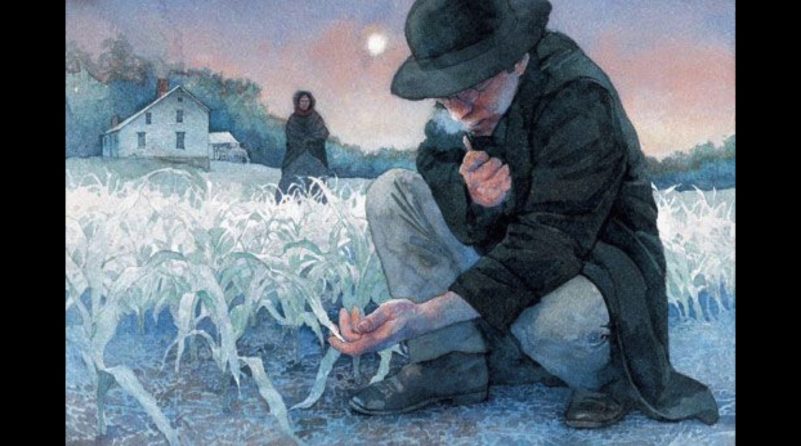The Boomer Corner

The Year Without a Summer
With all the different weather we;ve been having over the past month, it got me thinking about the summer of 1816. I wasn’t there but my son would probably say I was (ha ha). It was called ‘the year without a summer’ and it affected a large part of Europe, eastern North America, and China. Farmers planted their crops as usual, but as the plants started to grow heavy frosts killed them. They started again and the same thing happened, as crops couldn’t survive the heavy frost. In places around Europe, there was famine, and people died because of lack of food. Livestock also died. At this time, the planet had been in what was called a Little Ice Age, since the fourteenth century, so temperatures were already lower. This had already caused considerable stress for agriculture. I imagine that people wondered what was happening. Maybe it was the end of the world.
There were record cold temperatures in Europe, China and eastern North America. In China the Monsoon season was interrupted, and there was massive flooding. In tropical areas there was snow. There were problems in many parts of Europe. Food became more expensive, and there was a massive shortage of food throughout Europe. People from Wales travelled long distances begging for food, and no one knew why there was a food shortage. In places like Germany, they rioted in front of bakeries and grain markets. Riots and arson also took place in many places in Europe. In Hungary there was brown snow, and in Italy red snow fell in the north all year.
Eastern Quebec ran out of bread and milk. In Nova Scotia, people foraged for herbs which they boiled. New England felt the effects of the cold, as did parts of New York. River ice was observed in July and August, and over many areas a dry fog observed. Rain did not get rid of it and people didn’t know what caused it.
Most of these happenings were caused by an event that happened half a world away. A volcanic eruption in 1815 of Mount Tambora. The volcanic ash spread and stayed in the atmosphere, blocking the sun. People at that time had no idea what had happened. There was no mass communications to keep people informed. They knew their crops were failing because of the cold, but they didn’t know why. For people in 1816 it must have been devastating to be living in the year without a summer.
Could we have a repeat in the summer of 2021? Who knows these days. Anything is possible!
About the Author
Linda Calder is a retired teacher. She likes to write and enjoys spending time with her family. She also enjoys going on cruises, taking pictures and scrapbooking.




